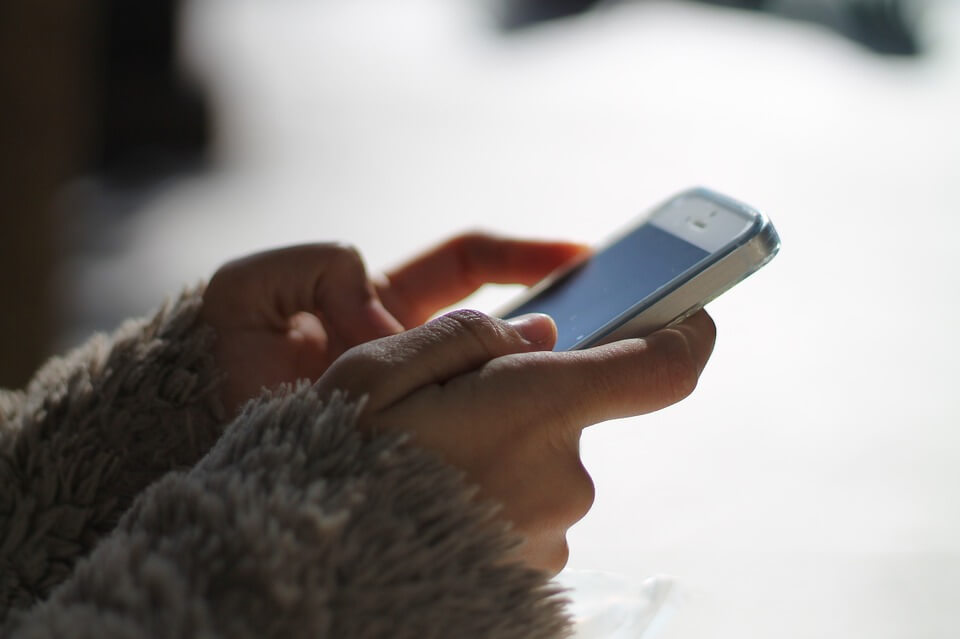Besides the restrictions imposed to limit the spread of the coronavirus, Chinese officials are hoping to keep their people safe by giving them the power of information. They have developed an app that can detect whether a person has been in close contact with someone infected or not.
Close Contact Detector: How it works
According to Chinese state-run media agency Xinhua, the “close contact detector” works extremely easy, starting from a QR code. Once it is scanned through a Chinese app like WeChat, that code allows people to register with their phone number and ID number. Then, that number allows the user to make three inquiries regarding the coronavirus spread.
Based on its number, the authorities can tell that user whether they’ve been in contact with a person already infected, suspected of having the coronavirus or having been exposed to it.
Authorities understand “being in contact with someone” as in working with them, going to school with them or living in an enclosed space with them (long train or airplane trips count.)
If the user making the enquiry has ticked one of those boxes, they are advised to stay home and ask for medical help.
As much as China has been criticized for demanding personal data on its citizens, in such cases, having that database can be a life-saver – literally.
This project has been a joint effort of the General Office of the State Council, the National Health Commission, and China Electronics Technology Group Corporations.
Alipay Health Code: Citizens identified by colored QR codes
The local authorities in Hangzhou, together with Ant Financial, have turned people’s individual QR codes into health recommendations (and restrictions).
Those with Alipay accounts (necessary for the close contact detector, too) get a color code — green, yellow or red — reflective of their health status. The process requires the individual’s personal data, such as location, name of the city they live in, and identifying code number.
A green code lets the user roam around freely, while a yellow one may ask him to stay home for a week while a red one puts them into quarantine immediately for 14 days.
“In Hangzhou,” writes the New York Times, “it has become nearly impossible to get around without showing your Alipay code. Propaganda-style banners remind everyone of the rules: “Green code, travel freely. Red or yellow, report immediately.””
While the rules of the system are not clear to anyone, it appears the software draws on data from plane and train bookings and updates location data at every scan, meaning the local authorities have found a new way to track their people and their movements.
Follow TechTheLead on Google News to get the news first.

























